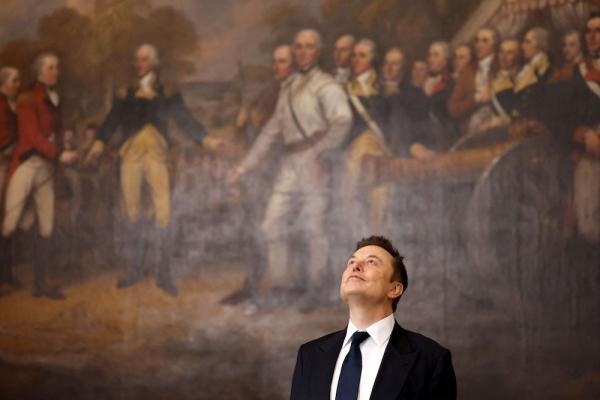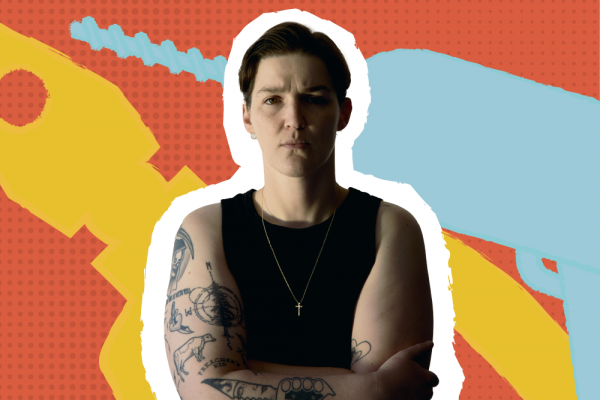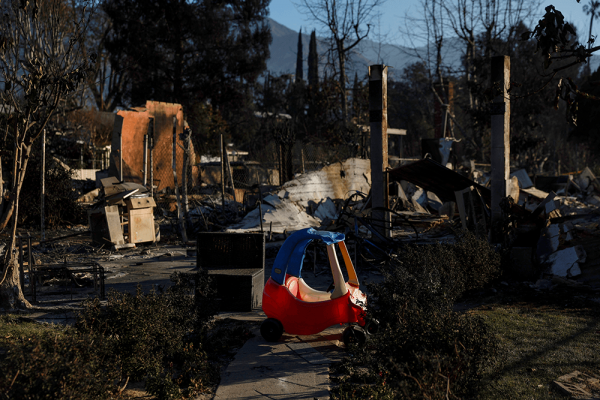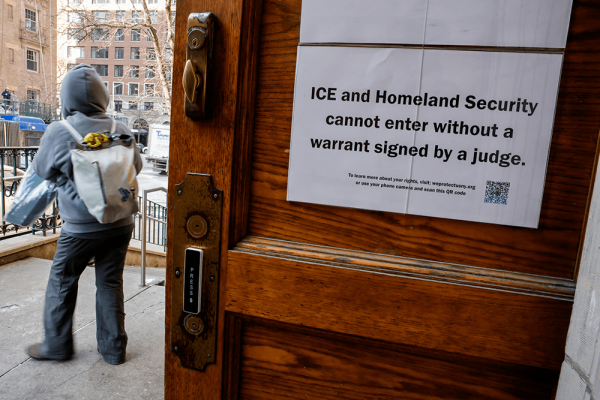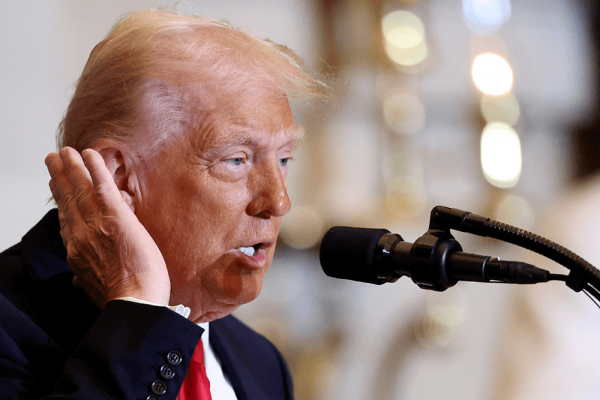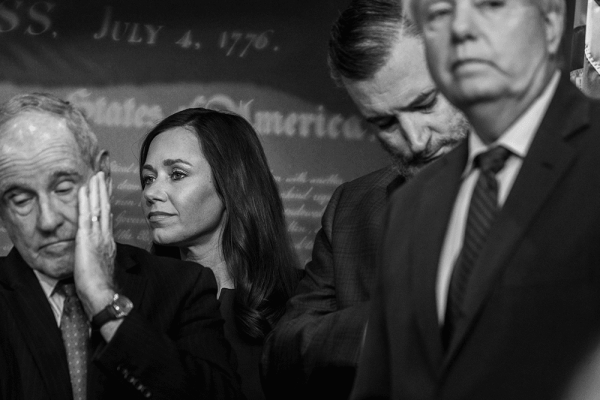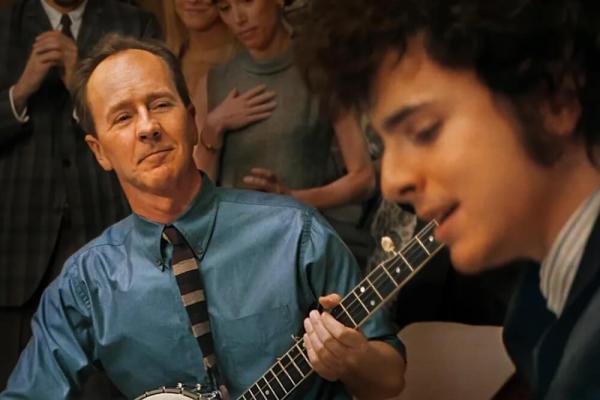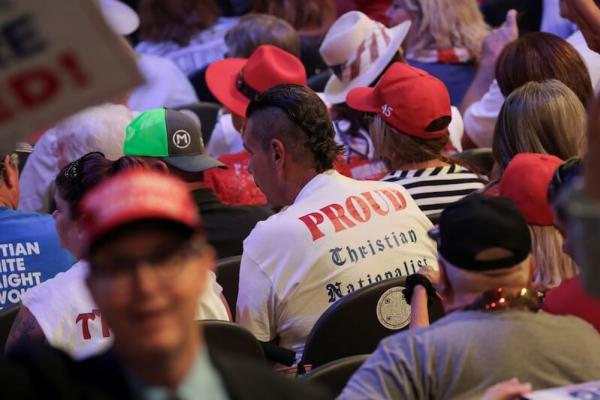Our team has spent a lot of time watching our activity on X, especially following Elon Musk's series of dramatic renovations. Now, our audience engagement manager explains why we've decided to move on to other platforms.
As Semler, Grace Baldridge has spent the past few years proving there was a space for people like her in the Contemporary Christian Music scene, even if she had to dig that space with her bare hands. Now, with the release of her debut album, she's looking back on how she did it — and what’s next.
The fight to save the planet isn't over yet, but it will look different under Trump. Can Christians lead the charge?
When Shimica Gaskins first saw the single-story green ranch style house in Altadena, Calif., she wasn’t in love with the color. But she was in love with Altadena, a community where the Black middle class was not only thriving but creating the kind of social fabric where she and her husband dreamed of raising their two kids. Eight years later, the citrus trees, native plants, and family memories had made the little green house a home. And then it burned down.
Now that President Donald Trump has rescinded longstanding policy limiting U.S. immigration enforcement in churches and other sensitive locations, some church leaders are wondering what they should do if an Immigration and Customs Enforcement officer comes knocking.
With Trump’s blessing, Elon Musk’s Department of Government Efficiency has created an unprecedented crisis at an agency that oversees lifesaving assistance to some of the poorest and most vulnerable people in the world. Despite issuing limited humanitarian waivers, the administration has frozen nearly all new foreign assistance funding for the next 90 days, fired many senior leaders, and put the entire agency’s staff of more than 10,000 people on leave, two-thirds of whom work in field locations around the world.
President Donald Trump said on Thursday he would create a White House faith office and direct Attorney General Pam Bondi to lead a task force on eradicating what he called anti-Christian bias within the federal government.
While policies and culture associated with the Christian Right often value men’s leadership and patriarchal structures, it’s a misconception that men entirely run the movement. From the beginning, women have been influential leaders in right-wing Christian movements.
James Mangold’s A Complete Unknown is a striking film. Centered on a young Bob Dylan (Timothée Chalamet), the biopic chronicles the folk music community that bounced in and around 1960s New York City, offering stellar musical and acting performances in the process. But its wisest scene takes place off stage in an intimate conversation between Dylan and Pete Seeger (Edward Norton).
This January, Trump was once again sworn in as president of the United States, propelled to office by the unwavering support of countless evangelical Christians.
For me, the results of the 2024 presidential election felt like the punchline to an incredibly cruel joke. I grew up in the church and still remember the lessons taught to me by my old mentors. I was told that following Jesus meant that truth mattered, justice mattered, how I treated women mattered, and how I treated my neighbor mattered. Later, when I came out as a gay man, my Christian peers insisted that I put aside my personal feelings and desires in the name of biblical fidelity. I spent years of my life making painful and irreversible sacrifices in order to do what I thought was right at the time. Then Trump came along, and suddenly the narrative changed — truth was pliable, character was irrelevant, and justice was getting in the way of “winning.”
